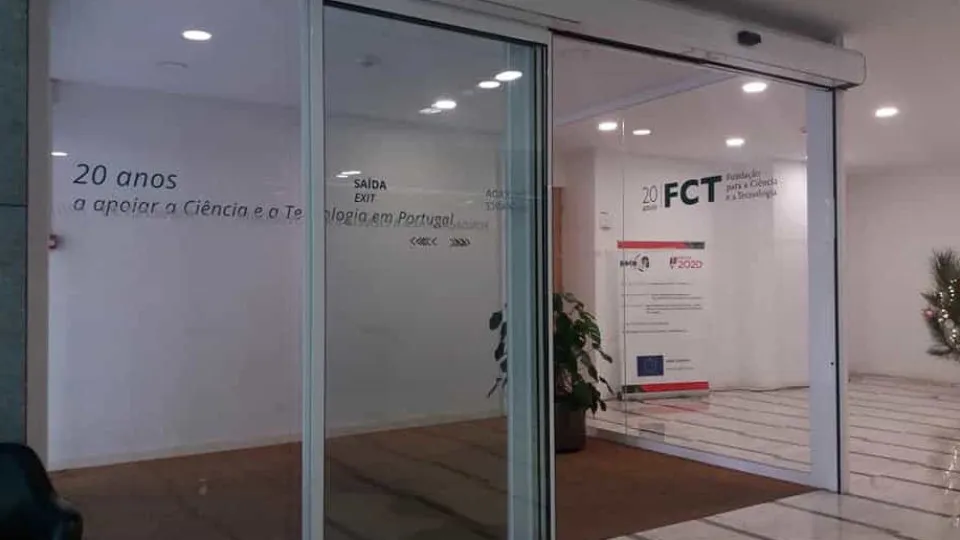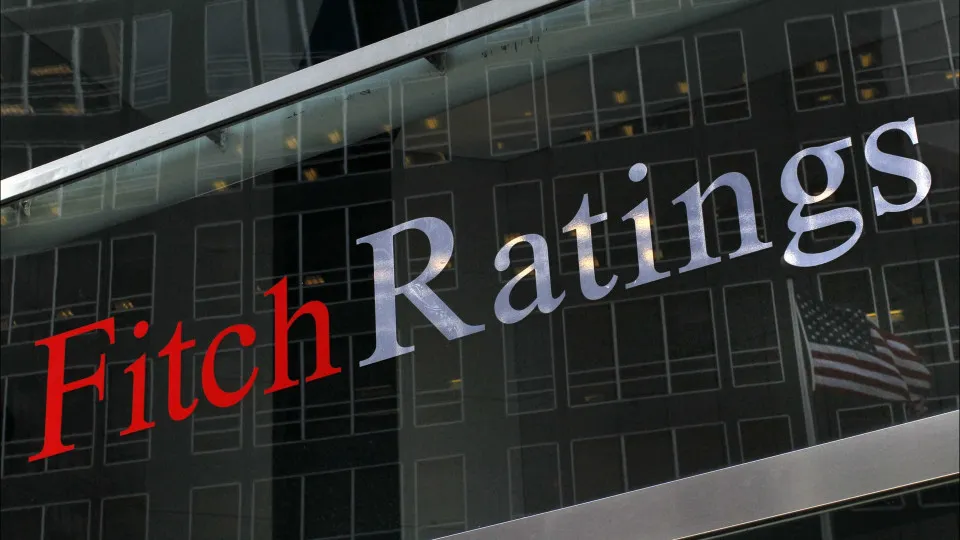
“We have finally concluded the process and the decree merging FCT and ANI into a new agency after a new phase of public consultation,” announced António Leitão Amaro, Minister of the Presidency of the Council of Ministers, during a press conference following a Council of Ministers meeting.
After being approved by the Council of Ministers on September 4 and sent to the President of the Republic for enactment, the decree-law that creates the new agency returned to the Government, which introduced changes to the decree.
Throughout the past month, the executive consulted representatives of the scientific and innovation communities and gathered opinions from various entities about AI2, a process they did not conduct over the summer before approving the first version of the decree-law, prompting criticism.
Lusa asked the Ministry of Education, Science, and Innovation (MECI) about any changes introduced following the consultation period, but no response has been received yet.
Concerning the first version, the main change in the decree presented to scientific and innovation communities was about the legal nature of the future agency.
Initially planned to be a joint-stock company, like ANI, AI2 will instead become a public enterprise entity, a suggestion from the President of the Republic. According to a government source, the Government agrees this is the most appropriate legal nature, an intermediate solution between ANI’s joint-stock company and FCT’s public institute.
The creation of AI2 has been particularly controversial due to the dissolution of FCT, with university rectors and researchers expressing concerns about the consequences for scientific production and the future of fundamental science.
The head of state had already admitted in July to possibly veto the dissolution of FCT, announced by the Government as part of the MECI’s structural reform, if he had “any doubts whatsoever.”
The statutes of AI2, attached to the decree-law, safeguard fundamental research regarding funding and the definition of research and development areas.
According to the decree, “each research area has a stable budget allocation from tax revenues intended to fund fundamental research, doctoral education, scientific careers, institutions, and scientific and technological infrastructures.”
The new agency’s funding will be defined in a five-year multi-annual program contract, which will include, besides research and development areas, strategic domains defined based on a proposal from the Center for Planning and Evaluation of Public Policies (PLANAPP), in coordination with the Directorate-General for Economy and the Directorate-General for Studies, Planning and Evaluation.
In this context, representatives from the community, the National Council of Science, Technology, and Innovation, and the future agency’s Board of Directors will also be consulted.
However, this is work the Government expects to complete only during the second half of 2026, at which time it also expects to have completed the revision of the Science Law, with AI2 expected to start functioning from January 1.
The agency will be overseen by MECI and the Ministry of Economy and Territorial Cohesion.




